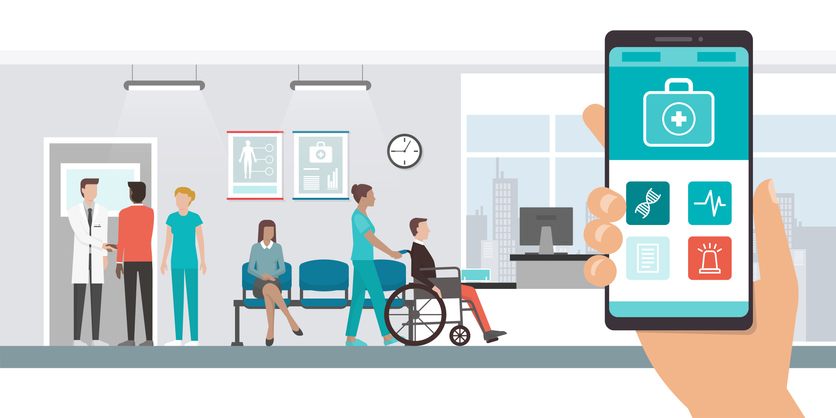A healthcare startup led by a co-founder and former chief operating officer of WebMD works with insurers and employers to provide a social support network for members with chronic conditions. The goal is to get participants to manage their chronic conditions by giving them help with underlying problems such as substance abuse, alcoholism, smoking or overeating to reduce healthcare costs.
The long-term aim of OneHealth Solutions is to reduce healthcare costs by taking a broader approach to this patient population. OneHealth raised $9 million in a series B financing round led by Lemhi Ventures, according to a company statement.
In an interview with MedCity News, CEO Bruce Springer explained how the program works. Members may have depression, substance abuse problems or stress or anxiety disorders. The company offers them a holistic place to come. Its support networks combine peers to whom members can relate and understand their problems. There are health coaches who work with members to create plans for manageable behavioral changes. OneHealth helps members achieve their goals by bringing clinical tools according to their disease state and adding services around them. He stresses that the company is not involved in diagnosing its members but gets referrals from insurers and employers.

With the Rise of AI, What IP Disputes in Healthcare Are Likely to Emerge?
Munck Wilson Mandala Partner Greg Howison shared his perspective on some of the legal ramifications around AI, IP, connected devices and the data they generate, in response to emailed questions.
“We are looking at the high cost of care and creating a lower cost operating model to effect behavior change,” Springer said. “We are doing the most integrated approach with the broadest population.”
Underlying the complexity and depth of some of the underlying problems members struggle with, Springer noted that the majority of its members are in three or four support networks run by the company. Springer said the need for the coach and support network is there because there’s always the risk that people revert to their old habits and they need a network to help them through difficult times. The emoticons members use when they check in to their respective networks are critical. If any are red, indicating pain or an internal struggle of some sort, members are contact by others in their support network who get them to talk about it.
“We can manage the population when they have identified that they are at risk and we can get them to interact with a care coach or physician.”
One of its clients, Aetna, published the results of a pilot study in 2011 when the company’s focus was substance abuse and it was called OneRecovery. The 12-month study focused on 152 high-risk members and put them on a plan. In that time, the company helped reduce readmission to $1.4 million or roughly $9,000 per patient.
Springer said the company would use the funds toward building up its sales and marketing divisions — adding about seven to eight people to the company. It also wants to expand the platform to support more of the total medical and behavioral spent related to chronic conditions that drive the largest costs to the health system.














